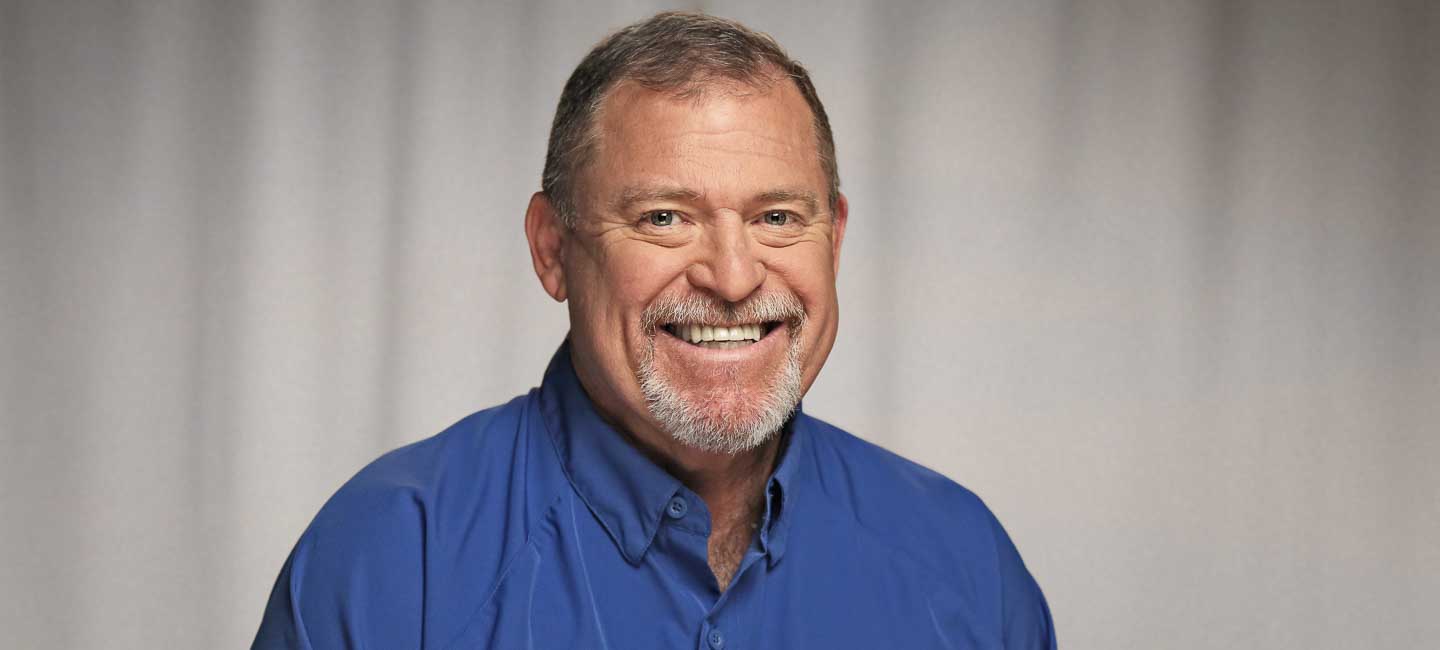Embracing the New Normal
As a retired firefighter and paramedic, Craig Graham knows a thing or two about saving lives. He just never thought he would be one who needed saving.
At a routine physical in 2015, doctors found blood in his urine. Further testing revealed he had bladder cancer. After a grueling six weeks of chemotherapy, Graham came to Moffitt Cancer Center for surgery, where his surgeon removed his bladder and constructed a new one using pieces of his small intestine.
The surgery took almost ten hours and Graham spent 11 days in the hospital. His recovery was long, and he had to learn to use new muscles and nerves in his body.
“I definitely had to learn a new normal,” said Graham.
Two and a half years later, Graham’s new normal is looking more and more like his old life. He is still a self-proclaimed Type A personality and is always on the move. He is back to his favorite hobbies like off-shore fishing and hunting. Since his surgery he has welcomed two more grandchildren and built a hunting cabin in Georgia for them to all enjoy.
Graham says the experience has turned him into a health advocate. He quit smoking, eats a diet rich in fruits and vegetables and makes a conscious decision to drink plenty of water every day.
“My advice to others is to take your health in your hands as much as possible and always talk with your doctors,” said Graham. “Always have faith and no matter what you’re going through, pursue your happiness.”
According to the American Cancer Society, about 80,000 people will be diagnosed with bladder cancer this year.
Risk factors for bladder cancer include:
- Smoking: Smokers are at least three times as likely to get bladder cancer as non-smokers
- Exposure to chemicals: Chemicals called aromatic amines, such as benzidine and beta-naphthylamine, which are used in the dye industry can cause bladder cancer. Workers in other industries like rubber, leather, textiles, painting and printing products carry an increased risk of developing bladder cancer.
- Not drinking enough water: People who drink a lot of fluids, especially water, each day tend to have lower rates of bladder cancer.
- Certain medicines or herbal supplements: According to the Food and Drug Administration, use of the diabetes medicine pioglitazone (Actos®) is linked with an increased risk of bladder cancer. Dietary supplements containing aristolochic acid may also increase risk.



